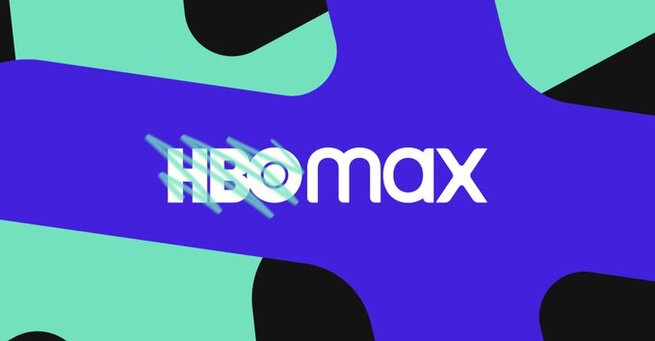
Warner Bros. Discovery's "Max" Rebrand: A Major Mistake Reversed
Warner Bros. Discovery has officially reversed its decision to rebrand HBO Max as "Max," marking the end of one of the most criticized moves in the streaming industry. From the very start, fans and critics alike voiced their displeasure with the name change, which stripped the iconic "HBO" brand from the service's identity. For many, it felt like a betrayal of decades of prestige and trust built by HBO’s legendary programming. So, why did this rebrand fail so spectacularly, and what does it mean for the future of the service?
When Warner Bros. Discovery first announced the rebranding, the reactions were swift and overwhelmingly negative. Industry experts and users alike questioned the logic behind removing "HBO" from the name. Debbie Millman, a renowned designer and brand consultant, summed up the sentiment perfectly: "HBO took four decades of prestige and casually tossed it into a dumpster, lit a match, and cheered as it burned."
The backlash didn’t stop there. Media outlets such as Fast Company and Inc echoed similar concerns. According to an article in Inc, the rebrand ignored a fundamental truth: "Your brand is not what you call your streaming service; it's how customers feel about it." For many, the removal of "HBO" felt like a loss of quality and heritage, and the shift to the name "Max" did little to inspire confidence.
The rebrand was not just about the name change; it also came with a redesign of the app and service interface. Unfortunately, these changes didn’t help the situation. Instead, they seemed to add to the confusion. A Vulture quiz humorously asked, “Is This Streaming Service Real or Did We Make It Up?” while poking fun at the awkwardness of the name "Max," which some joked could easily be mistaken for a real person’s name.
Despite the service’s significant catalog and loyal fanbase, the rebrand failed to resonate. Critics pointed out that "Max" lacked the instant recognition and gravitas of "HBO," which had long been synonymous with high-quality content. As a result, subscribers struggled to identify with the service, which is crucial in a highly competitive market.
Acknowledging the misstep, Warner Bros. Discovery has made the decision to revert to the original name: HBO Max. This move is a direct response to user feedback and aims to restore the trust and prestige that "HBO" brings to the table. By reintroducing "HBO" into the branding, Warner Bros. Discovery is signaling a commitment to the quality content that users have come to expect from the platform.
For users, this change might feel like a return to normalcy. The association of "HBO" with premium, critically acclaimed programming such as Game of Thrones and Euphoria carries a level of expectation that "Max" simply couldn't fulfill. As the streaming wars intensify, maintaining strong brand recognition is more important than ever, and this correction is a step in the right direction.
Warner Bros. Discovery’s decision to roll back the "Max" rebrand underscores an essential lesson in branding: loyalty and identity are crucial to customer retention. While rebranding may seem like a quick fix to attract new users or refresh an image, it’s vital to consider the emotional connection that users have with a brand. In this case, "HBO" was far more than just a name—it was a symbol of high-quality, premium content that resonated with millions of viewers.
In conclusion, the rebranding misstep of HBO Max serves as a reminder that, in the world of streaming, a well-established brand identity is something that cannot be easily discarded. Warner Bros. Discovery’s decision to return to the original HBO Max name is a necessary move to restore its standing in a fiercely competitive market.
𝗦𝗲𝗺𝗮𝘀𝗼𝗰𝗶𝗮𝗹 𝗶𝘀 𝘄𝗵𝗲𝗿𝗲 𝗿𝗲𝗮𝗹 𝗽𝗲𝗼𝗽𝗹𝗲 𝗰𝗼𝗻𝗻𝗲𝗰𝘁, 𝗴𝗿𝗼𝘄, 𝗮𝗻𝗱 𝗯𝗲𝗹𝗼𝗻𝗴. We’re more than just a social platform — from jobs and blogs to events and daily chats, we bring people and ideas together in one simple, meaningful space.